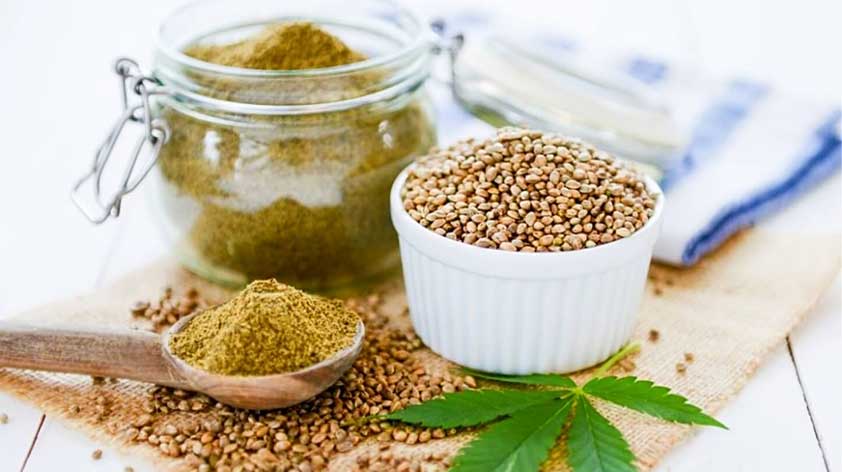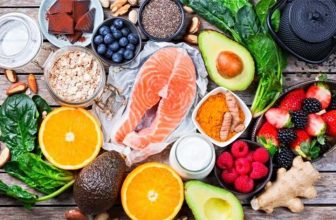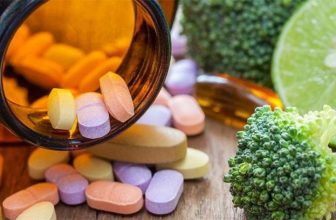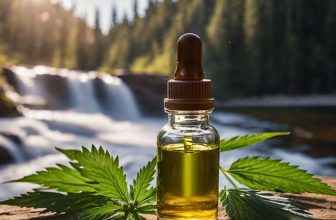
Hemp is a variation of the plant cannabis sativa. Similar to cannabis, hemp has psychoactive properties that contain psychoactive compounds tetrahydrocannabinol (THC), but the strain is considerably different. Hemp has a lower calibre of THC, but higher amounts of cannabidiol (CBD). With a recorded history of 4000–6000 years, hemp is considered to be one of the first cultivated crops and is said to originate from the central Asian hemisphere as early as 2800 BCE.
Hemp’s intriguing benefits for the human body include a high concentration of Vitamin E, zinc, soluble fire and a perfect ratio of Omega 3 and Omega 6 and the complete 9 essential amino acids that the body needs to build protein. This makes it one of the best vegan sources of protein and it’s also great for our environment too. Curious? Read on for Hemp: Top 5 Reasons Why it’s Good for You & the Environment!
1. Eco-Friendly Paper
Do you find yourself printing a lot of paper? Are you wasteful with paper? If you’ve answered yes, then I would recommend trying to decrease the amount of paper you use. With the growing deforestation in locations such as the Amazon and pulp and paper being responsible for the deforestation of Indonesia by at least 20% in the first decade of the new millennium, it’s no wonder that from 2009, the predicted growth of the paper industry was to contribute 600 million tons of carbon dioxide emissions annually.
According to a 2015 paper published in the Forestry and Wood Technology (Anals of Warsaw University of Life Sciences), the use of hemp fibre and paper is not a new practice, in fact it dates back to over 2000 years ago.
Amazingly, until the 19th century, at least 75% of paper produce derived from the processing of hemp fibre. A single acre of hemp can produce the equivalent of 4 acres of trees. Using hemp paper may, empty your wallet full of well…paper (or rather the currency on your plastic card) as hemp paper is not exactly cheap.
2. Alternative to Plastic
Many countries are increasingly taking the complications of plastic waste more seriously, countries such as the United States are said to only recycle a staggering 35% of municipal waste according to John Gusdorf’s book “Ecological Living”.
On the other side of the scale, the European superpower, Germany recycles 68%. When one considers that the U.S represents 4% of the global population, yet the country is responsible for 12% of the municipal solid waste, we realise we clearly have a long way to go to curtail the use of plastic. Hemp could be the antidote to much of these problems as it can be used as a biodegradable and environmentally-friendly substitute for plastic.
3. Reduce Pesticide Use
Trees most suitable for producing paper are not grown so widely. This is in contrast to hemp plants, which can be grown practically anywhere, including in various weather and seasonal climates (this includes sterile land).
Hemp plants are fantastic for curtailing pesticides or herbicides which cause havoc to the environment. Being impenetrable to pests, means no harmful commercial pesticides are needed. The bees and butterflies will thank you.
4. Fuel: Gas, Oil & Coal
Hemp can be used for the creation of biomass fuels which can give us gas, oil and coal for most of our energy needs. This is means we can terminate our need for fossil fuels
5. Clears Heavy Metal Toxins
No not heavy metal music. In this context, I am talking about metallic chemicals that exhibit relatively high density (RHD). Typically, such heavy metals are extremely toxic and poisonous (even at lower levels). Such examples of heavy metals include arsenic (As), lead (Pb), mercury (Hg) and cadmium (Cd).
According to a medical paper review by Jarup entitled “Hazards of Heavy Metals” (published in the British Medical Bulletin, 2003; 68:167-82); heavy metal toxicity can result in poor energy levels, hinder cognitive brain function and adversely affect the normal operation of the liver, kidney and the circulation of the body’s blood, to name but a few of the effects. Hemp plants have the ability to rid heavy metals and toxins from groundwater and soil.









